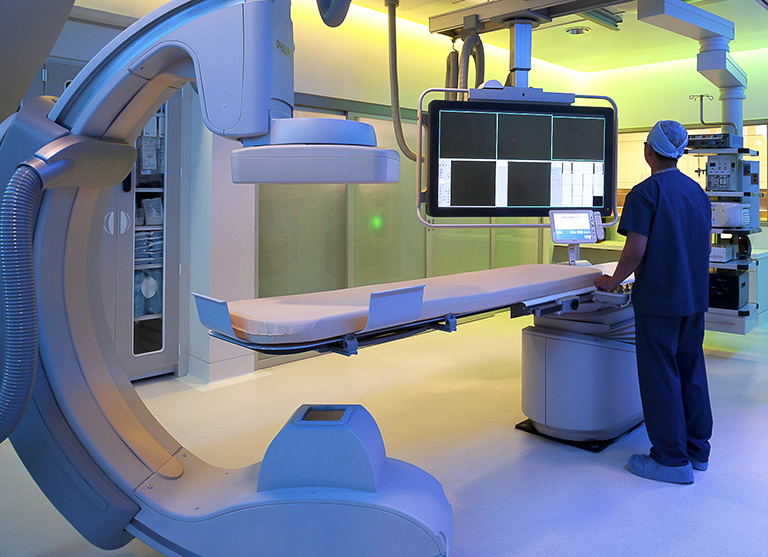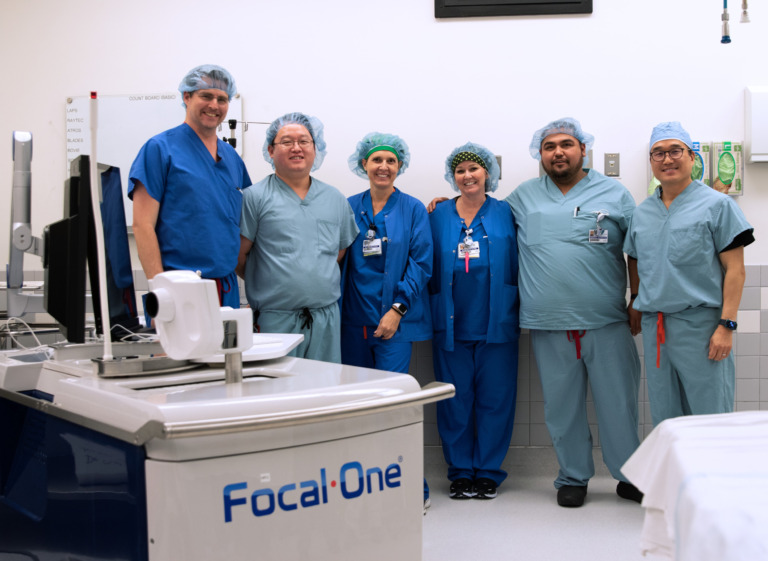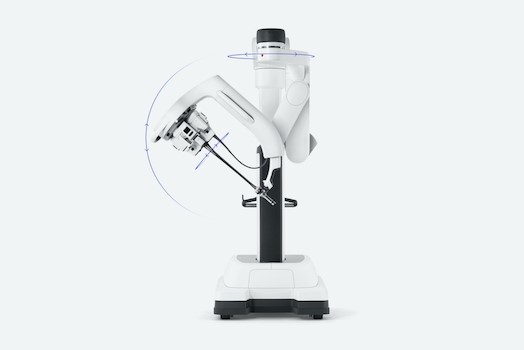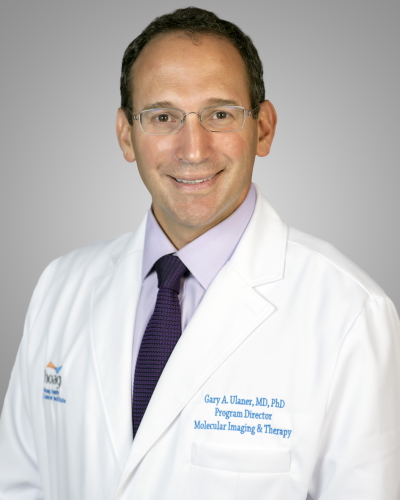Prostate Cancer
Hoag Family Cancer Institute
949-722-6237
- About
- Diagnosis
- Treatment
- Side Effects
- Clinical Trials & Research
- Meet the Team
- FAQ
Hoag has the largest prostate cancer program in Orange County, offering the highest expertise in prostate cancer treatments. We offer exclusive technologies like the Robotic Focal HIFU, MR-guided ViewRay MRIdian™ and DaVinci surgical robotic systems.
Quick Support
High-performing Hospital in Prostate Cancer Surgery
Hoag is Orange County’s highest surgical-volume program for prostate cancer, made evident by U.S. News & World Report ranking Hoag as a high-performing hospital in prostate cancer surgery.
What is Your Prostate Cancer Risk?
Take our online health risk assessment to discover your risk of prostate cancer. After taking this assessment you’ll get more information on what your next steps should be.
You Plan For Everything.
We’re here for the things you can’t plan for. Hoag is the OC’s top choice for world-class, comprehensive cancer care with cancer survival rates that continuously exceed national averages.



















